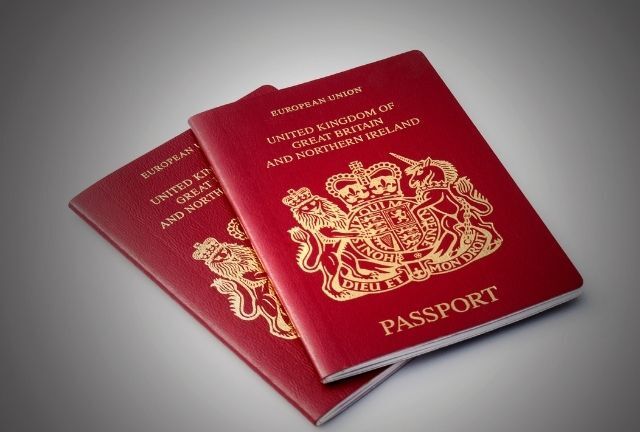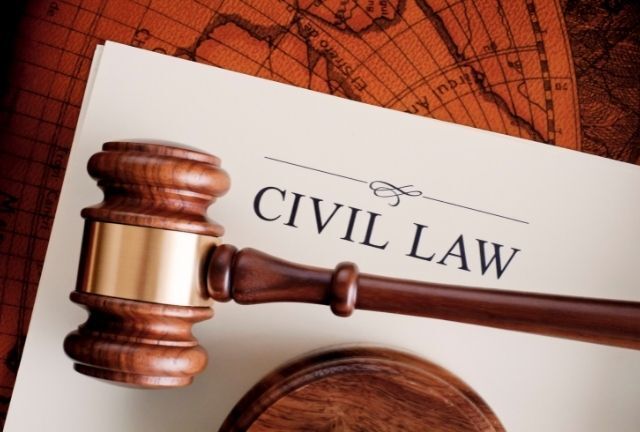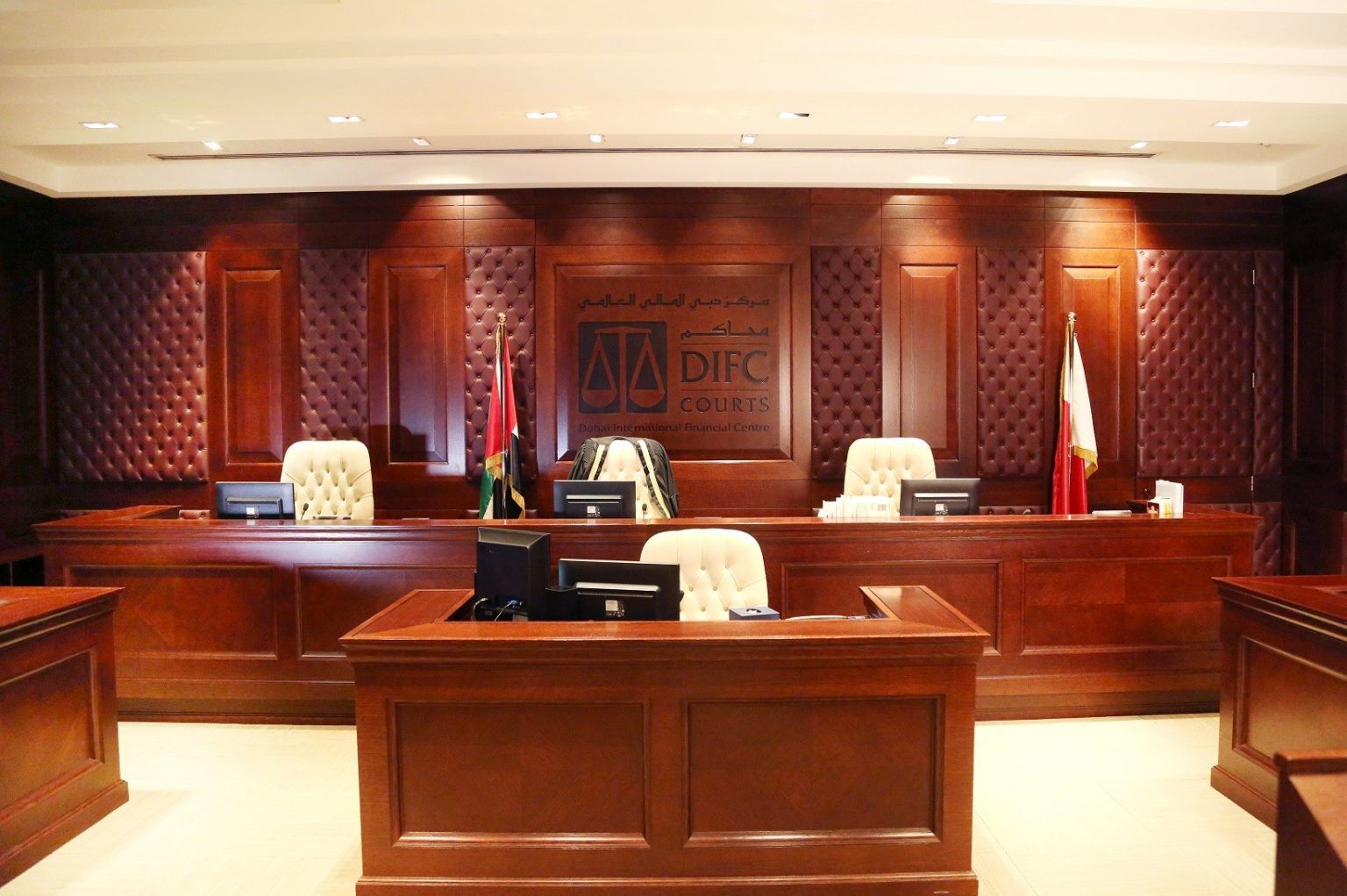Most Significant Amendments to the UAE Civil Procedures Law Adopted on 29 August 2021
Notification through the Court’s website
This amendment allows the Court to take the decision to notify a litigant, whether an individual or a company, if not found on their address and under certain conditions, through the Court website. This new amendment will facilitate notification and, depending on how access will be organized, it could form a valuable means to look up cases by names of defendants or plaintiffs which is only available currently through a POA. Finding out names of litigants will increase transparency and enhance due diligence for concerned parties.
One-day-court for claims up to AED 1,000,000
The amendment raised the value of claims that could be resolved before the one-day-court from AED 500,000 to AED 1,000,000. The hearing should take place within 15 days of finalizing the registration of the case.
Three levels of litigation in one court or the “Special Courts” or “C 3 Courts”
Finally, after several reports during the past years, the legislator introduced the articles regarding the setup of the “Special Courts” which merge the three levels of litigation into one court composed of three judges who attend pleadings simultaneously, so that there is a judge from each degree of litigation (first instance – appeal – cassation), where lawsuits are heard by three judges. News coverage have previously referred to the concept of those courts as the C 3 Courts.
Jurisdiction of the Special Courts
The amendment provides that the Special Courts have jurisdiction to resolve civil, real estate, commercial and estate disputes, subject to a minimum value of AED 500,000, which are determined by the justice minister or the head of judiciary in the respective Emirate, or pursuant to the parties’ agreement to opt into its jurisdiction. The following is excluded from the jurisdiction of the Special Courts:
- criminal, administrative and labour matters.
- personal status matters except for estate.
- Orders, temporary applications and urgent matters which are filed originally before the court of first instance.
- Lawsuits that are registered before the Special Courts commence its work.
The first hearing should take place within 30 days of finalizing the registration of the lawsuit. However, there is no provision on the term within which the judgment or order of the Special Courts should be issued.
Judgments and orders of the Special Courts are final, immediately enforceable, not appealable and subject to Re-trial in accordance with Article 169 of the Civil Procedures Law or if the notification of the statement of claim is considered null.
Recourse against judgments and orders of the Special Courts
As an exception to the irrevocable nature of the judgments and orders of the Special Courts, the legislator stipulated that the Special Courts can, sitting in-camera, revoke its judgment on its own or pursuant to a demand by the judgment obligor in any of the three following circumstances:
- If the Special Court or any its supplementary departments commit a procedural mistake which impact the findings of the judgment or order.
- If the judgment or order relied on an abolished law provided that the application of the law in force will change the findings of the judgment or order.
- If the judgment or order violates any of the judicial principles decided by the general assembly of the Special Court, or if it violates the previous principles of the Special Court or those principles issued by the Committee for Unification of Principles between Local and Federal Judicial Authorities.
Conclusion
The introduced changes appear to be geared towards expediting the resolution of disputes and present a very innovative way of settling the disputes before the Special Courts which combine the three levels of litigation in one court and one hearing.
It remains to be seen when the Special Courts will see the light of the day. Some might be disappointed that the amendment does not put a time limit for issuance of the judgments or orders before the Special Courts, however, given the novelty of the proceedings, the decision of the legislator appears to be carefully considered.
The UAE legislator asserts again their courage to adopt once more innovate ideas that sets global trends and encourages others to follow suit.
Should you wish to learn more about the new amendment please get in touch with our lawyer Samer Abou Said .
“Contents of this article are for general informational purposes only. It is not intended as professional counsel and should not be used as such.”











